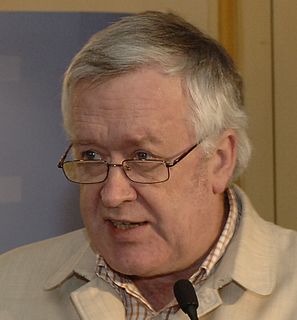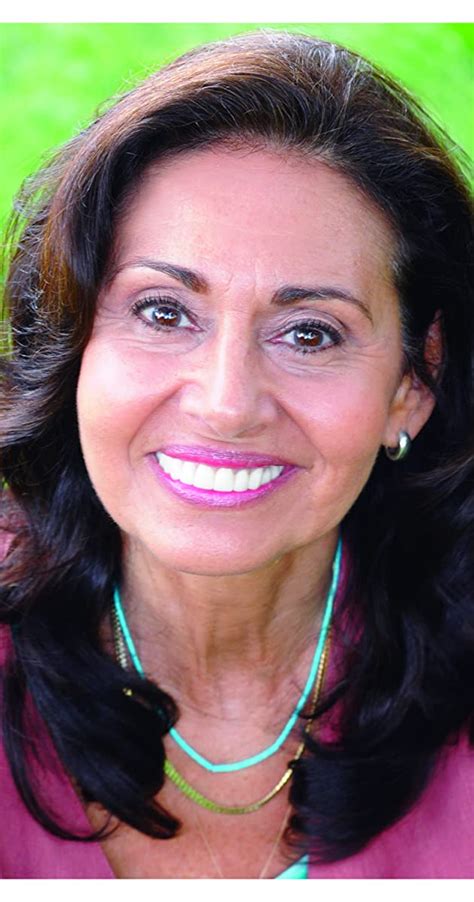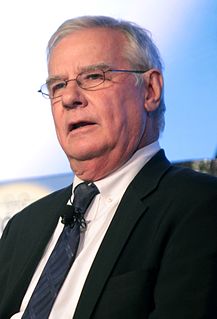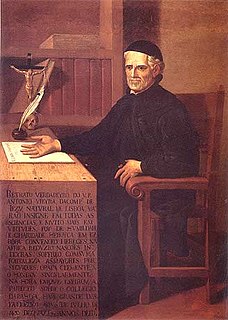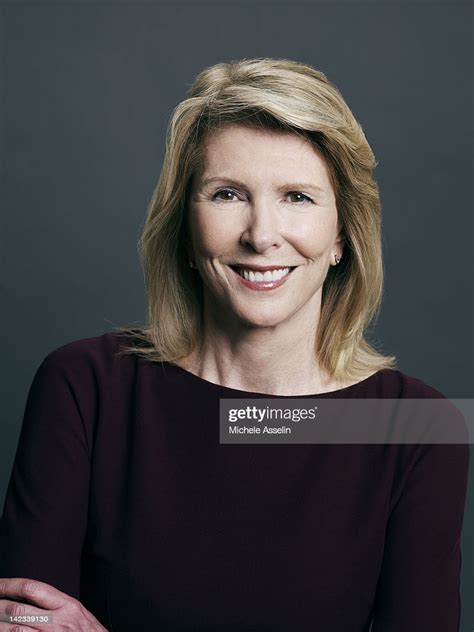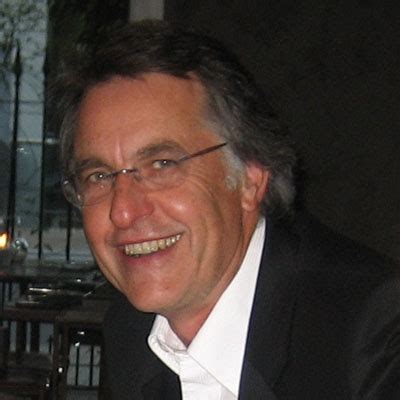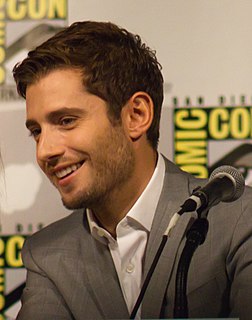A Quote by Hans von Storch
Unfortunately many scientists see themselves too much as priests whose job it is to preach moralistic sermons to people. This is another legacy of the 1968 generation, which I happen to belong to myself. In fact, it would be better if we just presented the facts and scenarios dispassionately - and then society can decide for itself what it wants to do to influence climate change.
Quote Topics
Related Quotes
Unfortunately, some scientists behave like preachers, delivering sermons to people. What this approach ignores is the fact that there are many threats in our world that must be weighed against one another. If I'm driving my car and find myself speeding toward an obstacle, I can't simple yank the wheel to the side without first checking to see if I'll instead be driving straight into a crowd of people. Climate researchers cannot and should not take this process of weighing different factors out of the hands of politics and society.
We realized that there's a great need in many churches to use the power of the media...There are a lot of different ways to preach. You can preach by praising. You can preach by preaching sermons. You can preach by just giving someone food when they're hungry. There are people who will never darken a church door but they will come to see a play.
Despite the international scientific community's consensus on climate change, a small number of critics continue to deny that climate change exists or that humans are causing it. Widely known as climate change "skeptics" or "deniers," these individuals are generally not climate scientists and do not debate the science with the climate scientists.
The conference also has a moral duty to examine the corruption of science that can be caused by massive amounts of money. The United States has disbursed tens of billions of dollars to climate scientists who would not have received those funds had their research shown climate change to be beneficial or even modest in its effects. Are these scientists being tempted by money? And are the very, very few climate scientists whose research is supported by industry somehow less virtuous?
Climate scientists think of nothing but climate and then express their concerns in terms of constructs such as global mean surface temperature. But we live in a world in which all sorts of change is happening all the time, and the only way to understand what climate change will bring is to tell stories about how it manifests in people's lives.
My generation was going to change the direction America took. I was completely convinced that we would have a very different kind of society as a result of the protests that I was part of, and I think that's partially true. We obviously never really got to what many of my generation believed was possible, but the amount of change I've seen in my lifetime, both social change and political change, is staggering. I think my generation can take a little bit of credit for that by just opening up the conversation.
There is also a great deal of behind-the-scenes pressure from political funders too. And by funders I don't just mean the fossil fuel industry. Many of those exerting pressure on our society to ignore climate change, oppose climate change legislation, and shut down efforts to develop a clean energy economy are doing so out of ideology, not just economics. In the simplest terms, many large industries don't want the government telling them what to do with their businesses and they don't want any restrictions on what they can and cannot do, which includes polluting our shared environment.
Many scales of climate change are in fact natural, from the slow tectonic scale, to the fast changes embedded within glacial and interglacial times, to the even more dramatic changes that characterize a switch from glacial to interglacial. So why worry about global warming, which is just one more scale of climate change? The problem is that global warming is essentially off the scale of normal in two ways: the rate at which this climate change is taking place, and how different the "new" climate is compared to what came before.
I firmly believe that the method which sets theological theories against scientifically ascertained facts, is fatal to the current theology and injurious to the spirit of religion; and that the method which frankly recognizes the facts of life, and appreciates the spirit of the scientists whose patient and assiduous endeavor has brought those facts to light, will commend the spirit of religion to the new generation, and will benefit--not impair--theology as a science, by compelling its reconstruction.
It's a common perception that science and religion are mutually exclusive. But there are many scientists who would consider themselves to be spiritual people. Not only that, but in the case of climate change - a scientific issue with strong moral implications and difficult decisions to be made - it's essential to connect the science to our values. And for many of us, our values come from our faith.
I think people, unfortunately, do live in constant fear. I think the government - and people in general - create scenarios people fear, because ultimately through fear you can control people. I wish we could live in a world where there would be no fear, but it's a driving force in many decisions people make these days, whether it's personal, economic, or even job-related. A lot of people stay out of fear in a job they hate.
... universal adoption of the institutions of the free society would better enable adaptation to climate both now and in the future. It would also ensure that, if at some point in the future, a real catastrophe, whether human-induced or otherwise (including climate change), does loom on the horizon, humanity would be in a better position to address it.
[When her husband said her earnings as a married woman belonged to him:] I cannot persuade myself that that which I invent - create, in fact - can belong to anyone but myself! I wish that women could be dealt with, not mercifully, not compassionately, nor affectionately, but justly; it would be so much better - for the men.
Unfortunately, there's a big, bad new bully threatening ocean animals, climate change. We might save fish only to have them starve because of climate change. It seems like the problems just won't stop. That's what got me to quit my cushy University job and take a big pay cut to work on conservation.
